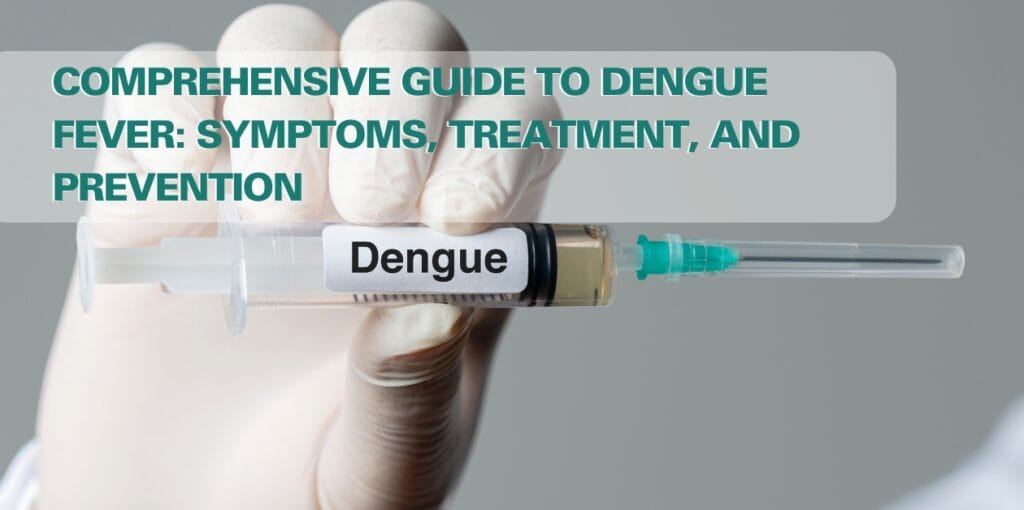Comprehensive Guide to Dengue Fever: Symptoms, Treatment, and Prevention

What is Dengue Fever?
Dengue fever is a viral illness caused by one of four types of dengue viruses (DENV-1, DENV-2, DENV-3, and DENV-4). Unlike some other infections, contracting one type of dengue virus does not provide immunity against the others. The disease is transmitted primarily through mosquito bites.
Common Symptoms of Dengue Fever
Symptoms of dengue fever can range from mild to severe and vary among individuals. They typically include:
- High fever
- Severe headache
- Pain behind the eyes
- Muscle and joint pain
- Skin rash
- Abdominal pain, nausea, vomiting, and diarrhea
- Bleeding manifestations
Risk Factors and Severe Disease
Previous infection with dengue fever does not protect against other dengue virus types. Individuals who have had dengue fever before may be at risk for severe disease if infected by a different dengue virus. Those at higher risk for severe disease include:
- Infants
- Elderly individuals
- Pregnant women
- People with chronic conditions such as diabetes, hypertension, or heart disease
- Patients on medications like steroids or immunosuppressants
Testing for Dengue Fever
To diagnose dengue fever, physicians typically perform blood tests to detect dengue-specific antigens or antibodies after assessing symptoms and conducting a physical examination.
Treatment for Dengue Fever
There is no specific antiviral medication for dengue fever. The primary treatment is supportive care, which includes:
- Adequate hydration, either orally or intravenously depending on the severity
- Management decisions, including the need for hospital admission, are based on the patient’s condition and blood test results
Home Management of Dengue Fever
For mild cases of dengue fever, home management includes:
- Resting adequately
- Drinking plenty of fluids
- Using paracetamol for fever and body aches
- Avoiding other pain medications without medical advice
Preventing Dengue Fever
Prevention focuses on avoiding mosquito bites and reducing mosquito breeding sites:
- Use mosquito nets or repellents
- Eliminate stagnant water around your home, as these are common breeding grounds for mosquitoes
Common Misconceptions about Dengue Fever
- Platelet Count and Disease Severity: A low platelet count alone does not determine the severity of dengue fever or the need for hospital admission. Clinical condition and individual risk factors are also crucial.
- Platelet Transfusion: Not everyone with a low platelet count requires a platelet transfusion. Treatment decisions are based on the patient’s overall condition and specific risk factors.
Understanding these aspects of dengue fever can help manage and prevent the disease more effectively.
About Author
Dr. Havisha
MBBS ,MD General Medicine
Dr. Havisha is a dedicated Consultant General Physician at Pi Health Cancer Hospital in Gachibowli, Hyderabad. With 6 years of clinical experience, she specializes in the management of various conditions including fever, thyroid disorders, diabetes, hypertension, arthritis, headache, abdominal pain, allergies, jaundice, and dizziness. Dr. Havisha’s comprehensive approach to patient care and her expertise in both acute and chronic conditions make her a valuable asset to the hospital.

